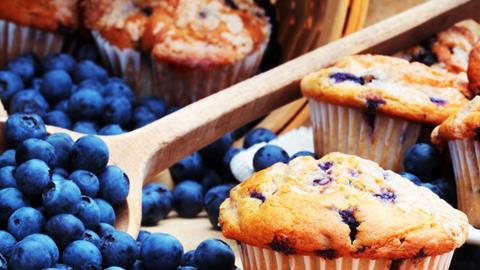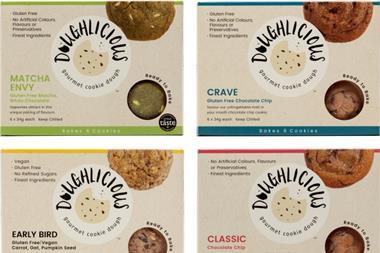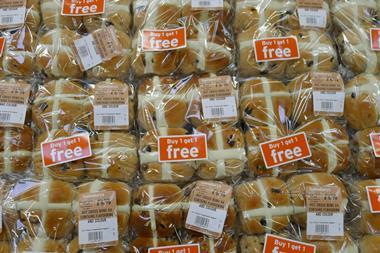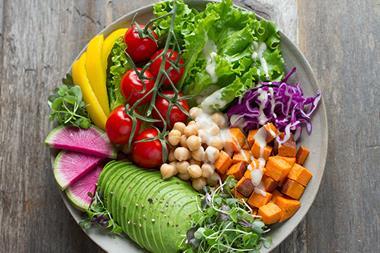Health campaigners have investigated little cakes, and what they discovered may shock you.
Yes, Obesity Health Alliance and Action on Sugar today exclusively revealed that “blueberry muffins are not a healthy snack option”. Take a sip of sweet tea for the shock and read on.
The organisations’ study covers the sugar content of 31 different blueberry muffins available from leading supermarkets and popular out of home outlets. It found that 61% of muffins contained the same or more sugar than the maximum recommended limit per day for a child aged seven to 10.
Of the mults, Tesco was guiltiest, with its blueberry muffin containing the equivalent of seven teaspoons of sugar, while Costa’s 10-teaspoon bun was the OOH big-bad. (For the record, M&S and Pumpkin were least sugary per muffin.)
Was anyone really surprised by the news, though? Are there really people credulous enough to believe a sugary wee cake is salubrious because it has fruit in it?
OK, concerns by OHA and AOS about childhood obesity are noble and well-founded. Of that there’s no question. But the way the organisations have gone about things today leaves something to be desired. It’s a real “no sugar, Sherlock” situation – and a move that risks the health campaigners losing public trust by attacking such an obvious target.
Plus, there’s the way they have made a bigger deal about sugar per muffin than sugar per 100g: an inequitable measure across products of differing weights. And the wide array of muffins means there’s plenty of scope for consumers to be selective.
But is it time to tell OHA and AOS, “OK, we get the message; enough is enough”? No. Because today’s study is a good reminder that morning goods is one of the categories that has largely failed to hit PHE’s sugar targets for the first year.
And it also puts into stark relief the frankly ridiculous size of some of the blueberry muffins out there. How reckless would you have to be to scoff a 124g monster from Pret A Manger, for goodness sake? It raises questions about whether – or how well – outlets are encouraging portion control.
Finally, formulation is clearly possible for the better. As today’s report suggests, the discrepancy in sugar content and size of the muffins surveyed “shows there is plenty of opportunity for manufacturers to significantly reduce the sugar content and portion size of this product – and meet PHE’s targets for 20% sugar reduction by 2020”.
Which would allow us all to have our cake and eat it.

























No comments yet